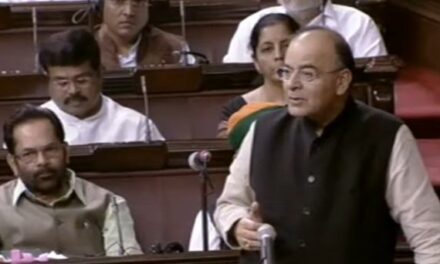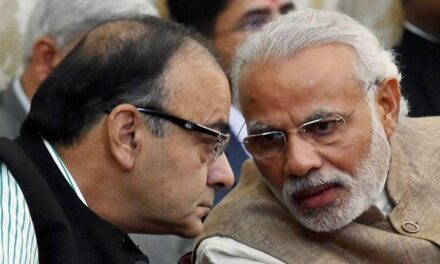40% of Mumbai youths depressed: Survey


Only 13% parents said they were aware about their kid’s mental health (Representational Image)
Around 40 percent of youths in Mumbai, aged between 20 and 30, are depressed, a recent survey has found.
The survey was conducted by Santacruz-based Podar Institute of Education, a teacher-training school. As a part of the survey, 800 people, comprising of equal number of men and women, from the city were interviewed over a six-month period.
According to the findings, nearly 40 percent of the city’s youth admitted to being depressed, and nearly the same percentage said they had never done anything to address the problem.
Moreover, barely 13 percent of parents were aware of their mental health.
38 percent men said they felt depressed all the time, while 22 percent said that the feeling was occasional. Among women, 40 percent said they felt down all the time, while 22 percent said they felt depressed sometimes.
Further, 42 percent of male responders and 32 percent of female responders said they never took any proactive steps to address the situation.
Both genders struggled with body image, with 68 percent men and 79 percent women admitting they were not happy with their looks. While 48 percent of men said they would consider cosmetic surgery, 68 percent of women said they would opt for it.
Another alarming revelation of the survey was the high dependence of youths on social media. Around 79 percent of females and 68 percent males said they had accounts on ‘all social media platforms’.
Half of the respondents said they spent between five and ten hours on social media every day, attributing most of the time spent to making friends or watching porn.
“It is necessary that parents work on a children’s emotions and don’t hurt them. They must also ensure they do not set unreal expectations that cannot be met by their children and talk to them with respect. The respondents said they hadn’t opened up to their parents but willingly spoke to us,” survey lead Swati Popat told The Times of India.













